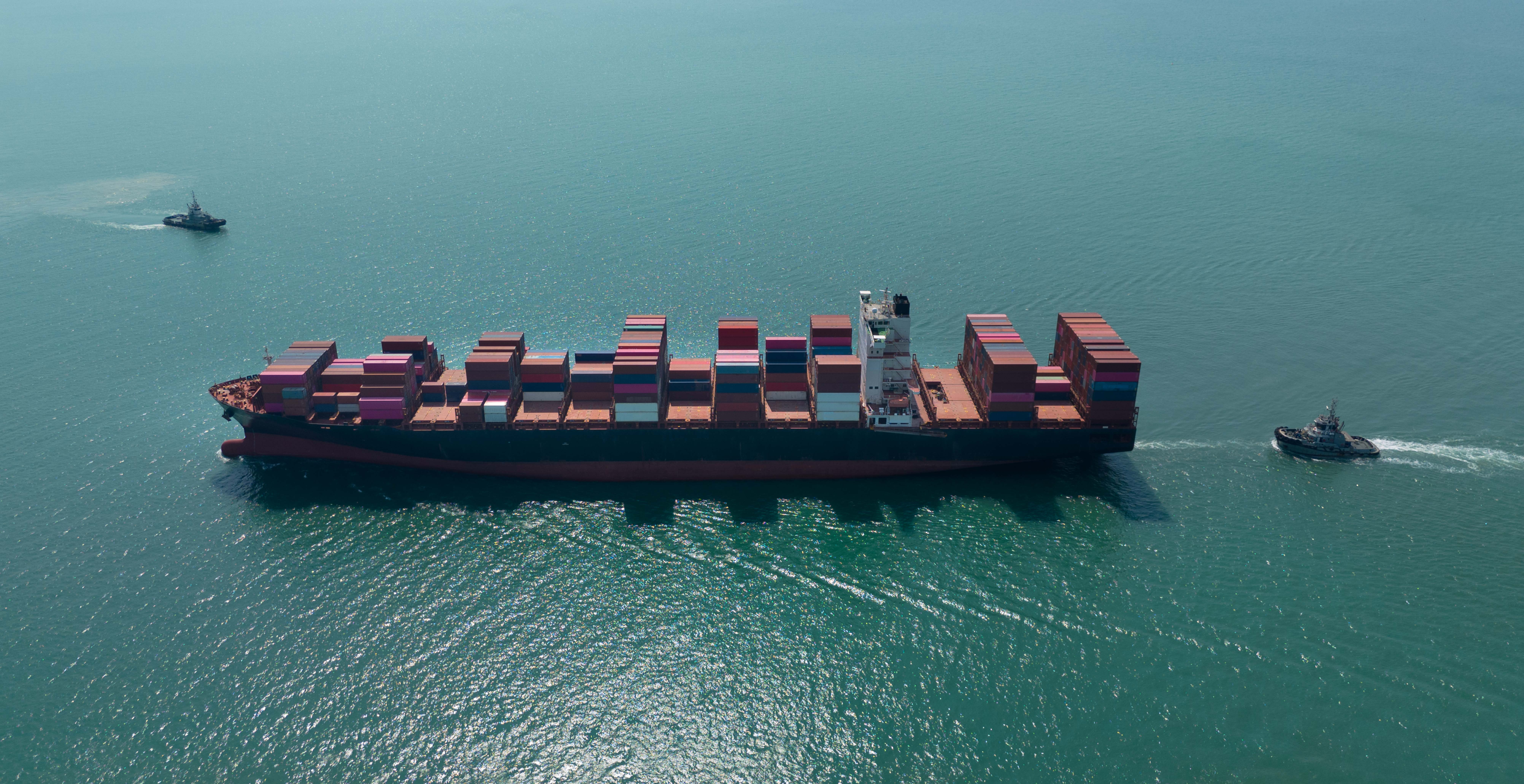
23 Sep
Shipment Delay: What are the Causal Factors of Delays in Shipments?
A delayed shipment is a situation where goods or products are not delivered on the specified date and arrive later than expected. Delayed shipment is one of the challenges faced in the supply chain, both for small and large businesses.
When shipments are not delivered on time, it can affect customer satisfaction, harm a company's reputation, and cause financial losses. Understanding the causes of and ways to overcome delayed shipments is crucial to keep your business running smoothly and competitively.
Read more: Logistics Sector Development Strategy to Support Indonesia's Economy
Causes of Shipment Delay
To ensure a smooth delivery process, it turns out that there are many factors that cause delays to occur, here are the common causes that occur, what are they?

1.Bad Weather Conditions / External Factors
Extreme weather such as storms, strong winds, or thick fog can affect the safety and smoothness of transportation, whether by sea, land, or air, ultimately causing delays in delivery.
Anticipating bad weather by monitoring real-time weather forecasts and preparing alternative plans can help minimize the risk of delays.
2. Schedule Changes and Traffic Challenges
Changes in transportation departure or arrival schedules, coupled with congestion on roads or shipping routes, often hamper the on-time delivery process.
Therefore, include extra days in the delivery schedule, especially during peak seasons where road and port congestion may increase more than usual.
Read more: Things To Watch Out For Regarding Foreign Shipment
3. Problems at Customs
International shipments require an inspection and approval process from customs. Slow procedures, incomplete documents, or changing rules can cause delays.
To avoid this, making sure your shipping documents are complete and always relevant to international regulations can speed up the inspection process at customs.
4. Port congestion
Congested ports often cause queues of ships wanting to load and unload, thus slowing down the delivery time of goods to the final destination.
Set a more flexible shipping schedule and use alternative ports from the impact of port congestion.
5. Rolled Shipment
Rolled shipment means that the goods are not loaded into the ship or are not transported according to the original schedule. This can happen when the ship's capacity is reduced, but shipping demand from customers increases or there are other issues. Shipments can also be delayed if the shipping documents are incomplete, so the goods must be delayed and loaded onto the next ship.
Keeping good communication with the shipping provider and ensuring the shipping documents are complete before transportation can avoid rolled shipments.
Read more: Government Strategy to Lower Logistics Costs to 8 Percent
Solutions to overcome Delay Shipment
Choose a reliable logistics partner
One of the first steps to reduce the risk of delayed shipments is to work with a logistics partner that has a good reputation for reliability and punctuality such as PT Hyper Mega Shipping. Choose a service provider that offers transparency in tracking and good communication.
source:

